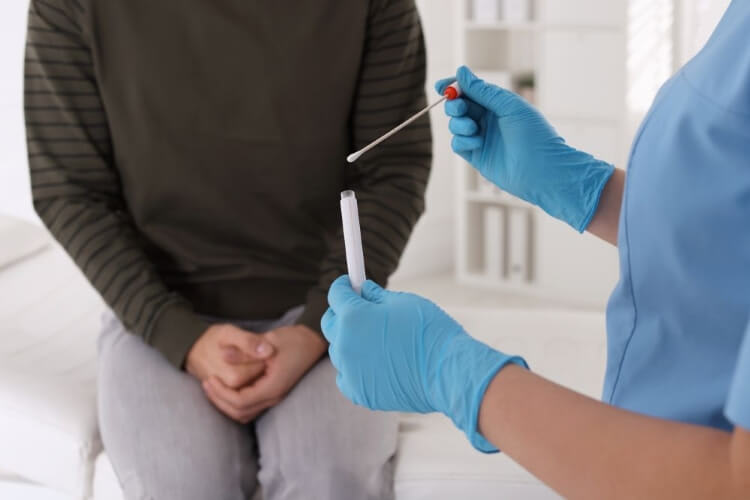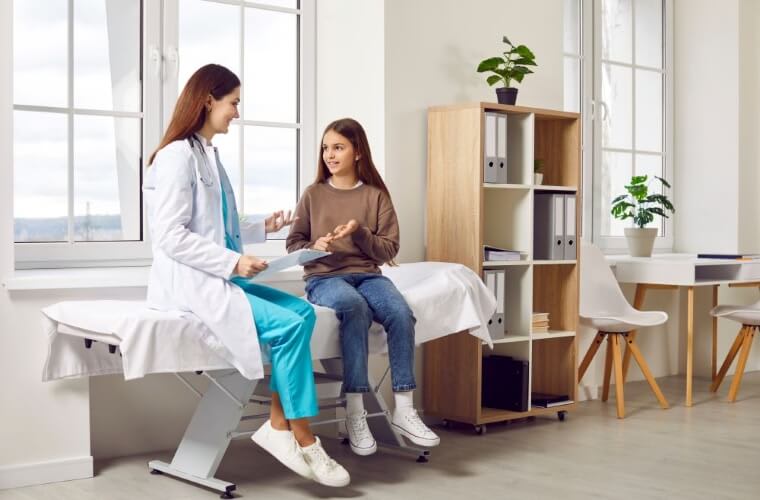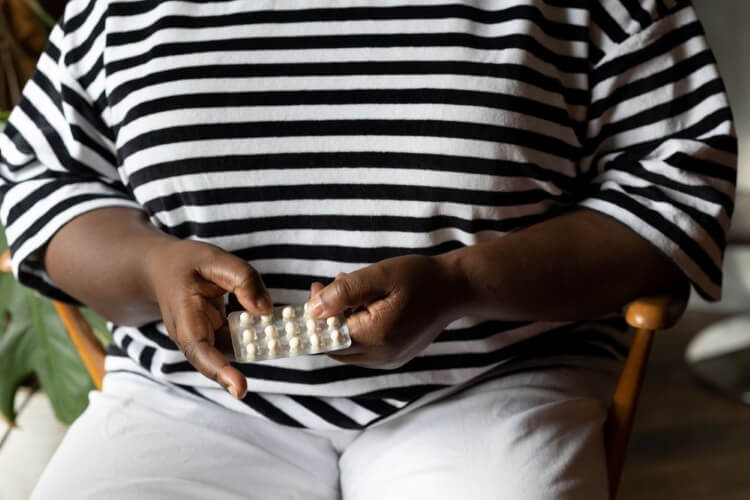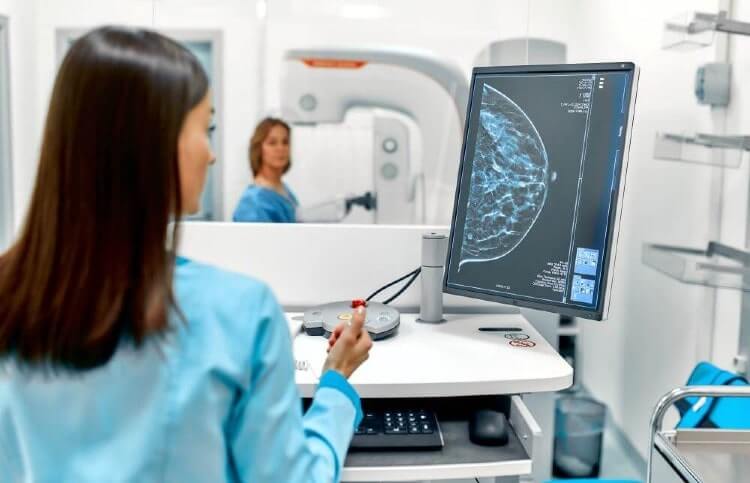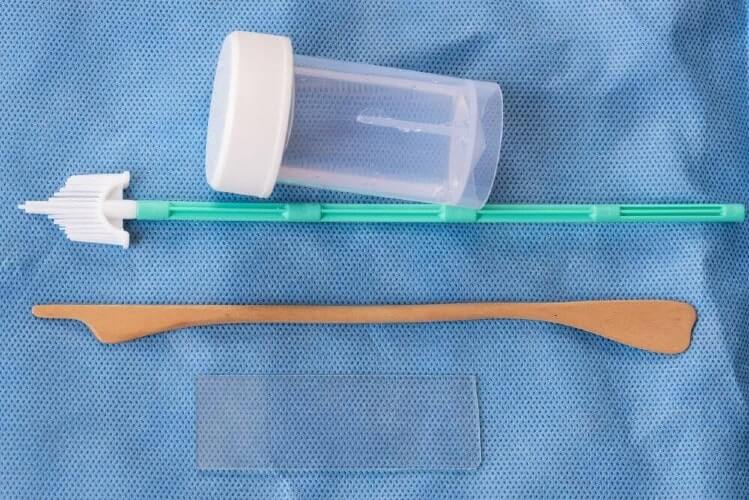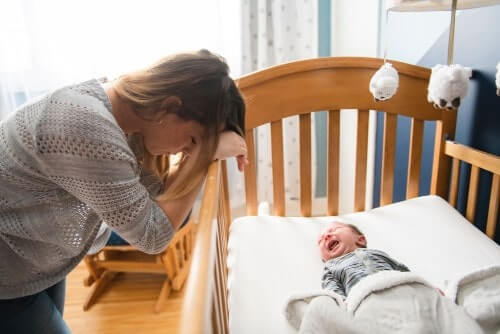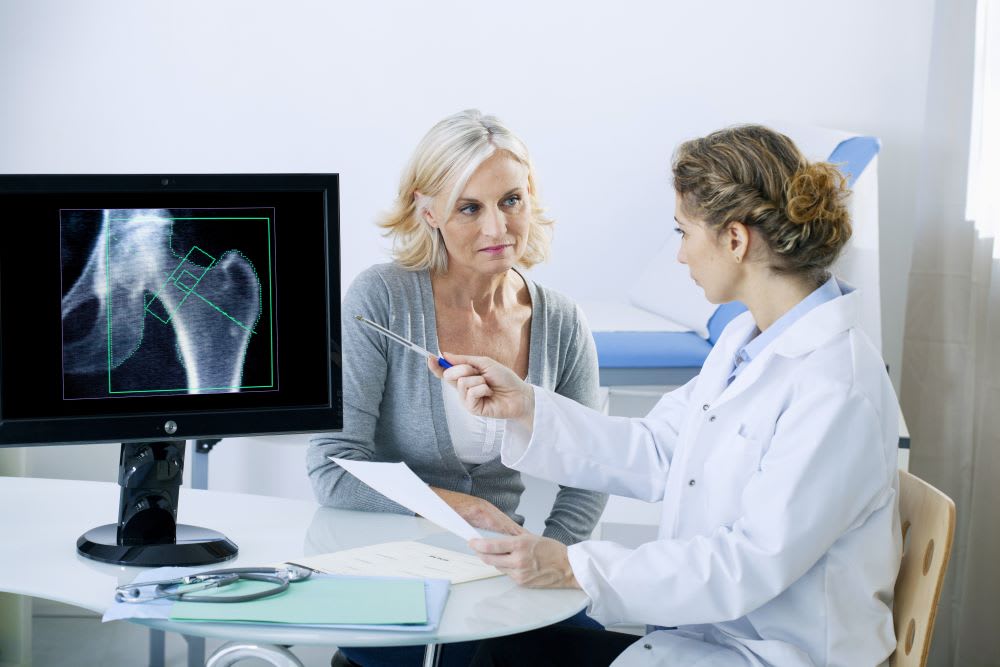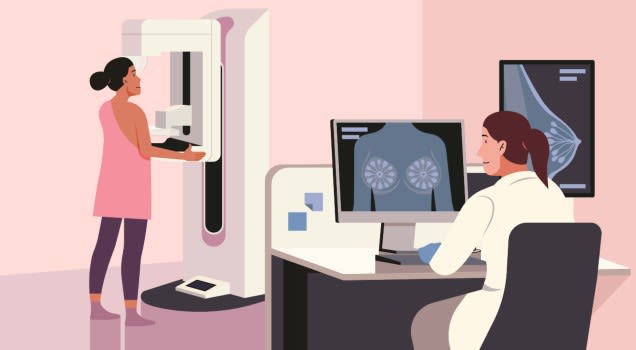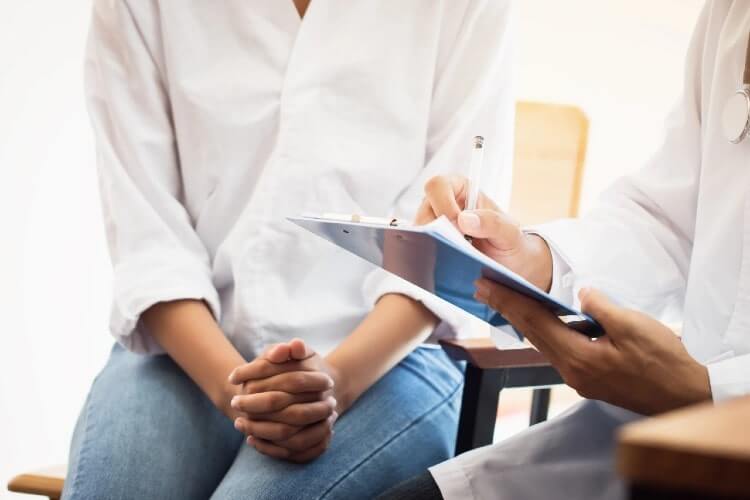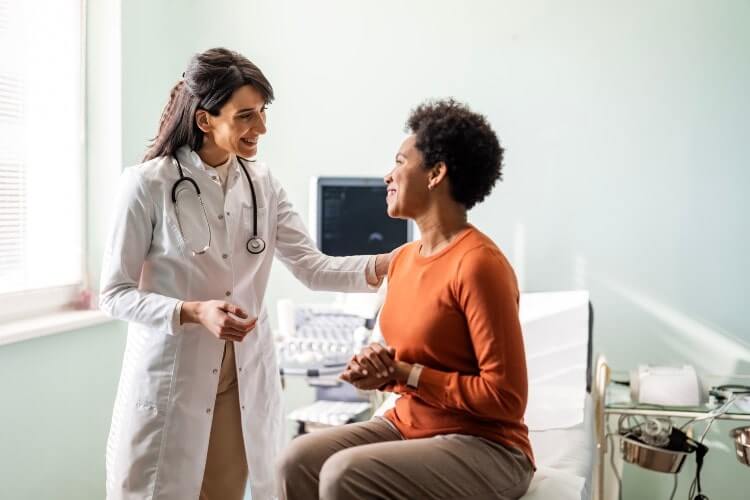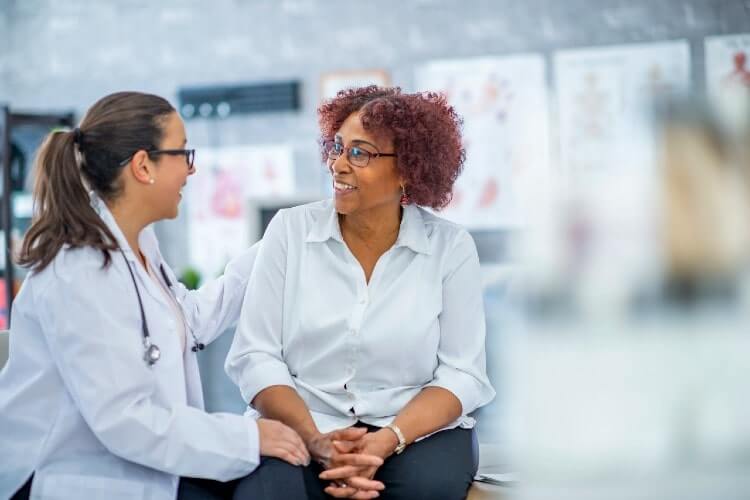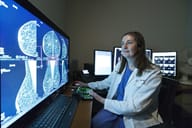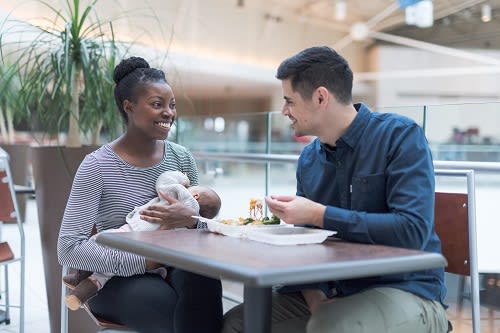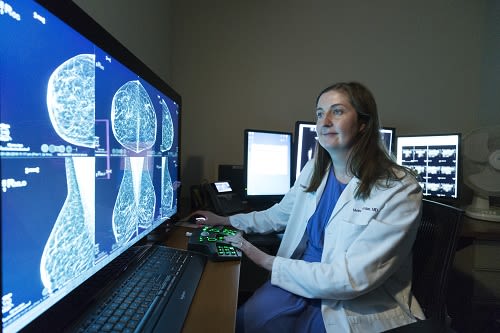By Scott Chudnoff, MD, MSc, FACOG, Chair, Department of OB/GYN
Many women think painful periods, heavy bleeding and digestive issues are normal and are just something to deal with, even when these symptoms happen all at once. This isn't true. Endometriosis is difficult to diagnose but it impacts 1 in 10 women of reproductive age in the U.S.
Let's take a look at what endometriosis is and why it happens, and then dispel some of the myths.
Yes, many women with endometriosis can get pregnant naturally without the help of fertility drugs and/or surgery. If you're already pregnant and have endometriosis, your doctor may have you meet with a maternal-fetal medicine (MFM) physician or a doctor who specializes in high-risk pregnancies.
However, a hysterectomy with removal of the ovaries may be a good option to treat endometriosis if you know for sure you don't want to become pregnant or are done having children.
Having the right experts by your side can help make your endometriosis pain more manageable. At the Women's Specialty Center, we're unique in offering a team approach to women with persistent endometriosis pain.
In addition to your OB/GYN, your endometriosis pain management team may include:
*Macer, Matthew Latham and Taylor, Hugh S. "Endometriosis and Infertility: A review of the Pathogenesis and Treatment of Endometriosis-associated Infertility" PubMed, 1 December 2012, https://www.ncbi.nlm.nih.gov/pmc/articles/PMC3538128/
Many women think painful periods, heavy bleeding and digestive issues are normal and are just something to deal with, even when these symptoms happen all at once. This isn't true. Endometriosis is difficult to diagnose but it impacts 1 in 10 women of reproductive age in the U.S.
Let's take a look at what endometriosis is and why it happens, and then dispel some of the myths.
What is endometriosis?
Endometriosis happens when the glands from the lining of the uterus get dislodged, move and begin to grow outside the uterus. This growth causes blood and cells (tissue) to flow into the belly instead of coming out as they normally would during a period. This tissue growth can:- Block the bowels
- Move to the lungs
- Continue to grow and cause bleeding
- Cause scarring
Endometriosis can be extremely difficult to diagnose.
Fact. Endometriosis is a very complex disease that's not only hard to diagnose but also easy to misdiagnose. Here's why:- Painful periods—Many women have extremely painful menstrual cycles and chronic pelvic pain and assume it's normal. In many cases, those symptoms are related to other conditions like uterine fibroids which are a lot simpler to diagnose.
- Diagnostic testing—There is no scan or test that can accurately diagnose endometriosis. In most cases, we discover endometriosis during surgery.
I'm very tall and have never been pregnant. These are both risk factors for endometriosis.
Fact. Even though endometriosis can be challenging to diagnose, we do know that there are risk factors at play. Some risk factors for endometriosis, such as those listed above, may even seem strange. Some others include:- Diet—There is a known link between endometriosis and consuming foods that contain trans fats. Watch out processed foods made with shortening or “partially hydrogenated” vegetable oil.
- Hormones—If you were exposed to estrogen before your first period, you have a higher risk of endometriosis.
- Body mass index (BMI)—Women with low BMIs are at risk for endometriosis.
If I have endometriosis, I'll never get pregnant naturally.
Myth. Here's what we know when it comes to endometriosis and getting pregnant:- Reproductive age—Of all the women in the U.S. who have endometriosis, about 1 in 10 of them are in their reproductive years. Looking at endometriosis from a general standpoint, this number isn't that high.
- Infertility—About 30-50% of infertility is due to endometriosis.* Now, this number may seem significant, but polycystic ovarian syndrome (PCOS), not endometriosis, remains the number one cause of infertility.
Yes, many women with endometriosis can get pregnant naturally without the help of fertility drugs and/or surgery. If you're already pregnant and have endometriosis, your doctor may have you meet with a maternal-fetal medicine (MFM) physician or a doctor who specializes in high-risk pregnancies.
I should just get a hysterectomy if I have endometriosis, right?
Myth, but also fact. The decision to get a hysterectomy depends where you are in life. Right now, a hysterectomy with removal of the ovaries is the only “definitive” treatment for endometriosis. The endometriosis experts at the Women's Specialty Center are dedicated to doing everything they can to preserve your fertility while managing your endometriosis if you're thinking of becoming pregnant.However, a hysterectomy with removal of the ovaries may be a good option to treat endometriosis if you know for sure you don't want to become pregnant or are done having children.
I think I have endometriosis, but I've never talked to anyone about it. I probably don't need to see a specialist.
Myth. Here's when you should talk to a doctor about endometriosis:- Pelvic pain—If you've had significant abdominal pain for 3 months or more, tell your doctor.
- Painful periods—If you've had painful menstrual cycles for 3 months or more, talk to your doctor.
- Pain and bleeding during sex—Endometriosis can cause pain during sex. If this is the case for you, tell your doctor.
Got it. But endometriosis pain is my new normal, so I may as well accept it and move on if I don't want a hysterectomy, right?
Myth. See above. We emphasize, no one should have to live with any amount of prolonged pain regardless of the cause. If you're doubled over in pain after taking prescription-strength painkillers, that's not “normal.” If you have trouble getting out of bed because of the pain, that's not “normal.”Having the right experts by your side can help make your endometriosis pain more manageable. At the Women's Specialty Center, we're unique in offering a team approach to women with persistent endometriosis pain.
In addition to your OB/GYN, your endometriosis pain management team may include:
- Gastroenterologists—Doctors who specialize in the digestive system
- Integrative medicine doctors—Physicians who combine traditional and alternative therapies and treatments, using an evidence-based approach
- Neurologists—Doctors who specialize in conditions and disorders of the nervous system
- Nutritionists—Experts who can help manage your health with a focus on the right foods
- Pain specialists—Doctors and clinical experts with specific skills in pain management
- Pelvic floor physical therapists—Specialists who help women strengthen and improve the function of their pelvic floor
- Surgical experts—Surgeons available for consultation should surgery be an option for endometriosis diagnosis or treatment
*Macer, Matthew Latham and Taylor, Hugh S. "Endometriosis and Infertility: A review of the Pathogenesis and Treatment of Endometriosis-associated Infertility" PubMed, 1 December 2012, https://www.ncbi.nlm.nih.gov/pmc/articles/PMC3538128/
Featured Expert/ Author


